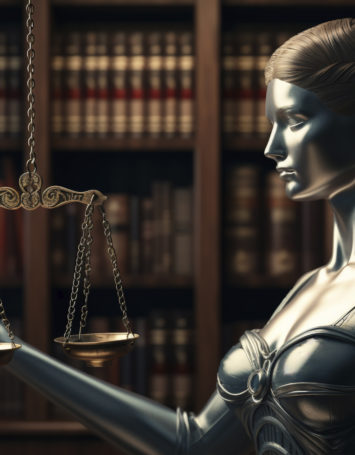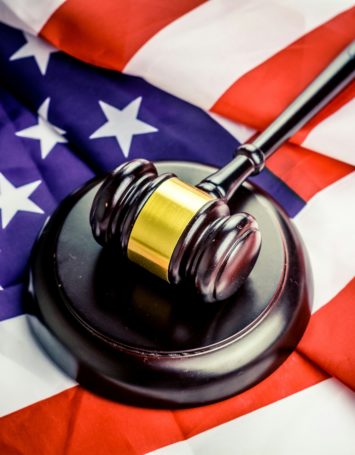Article by Clyde Shuman
The U.S. Court of Appeals for the Fifth Circuit has expanded the general rule that statutory damages—often, the most lucrative damages available in a copyright infringement case—are not available where a work is not registered when infringement begins.
Under the relevant statute, 17 U.S.C. § 412, statutory damages may not be recovered for copyright infringement of an unpublishing work commenced before the effective date of the registration, or infringement after first publication and before the effective date of the registration unless the registration is made within three months of the first publication.
Other courts have interpreted § 412 to cover post-registration infringement provided it started prior to registration. In Southern Credentialing Support v. Hammond Surgical Hospital LLC et al, case number 18-31160, the Fifth Circuit went even further, rejecting an argument that statutory damages could be awarded where post-registration infringement is a different “type” — e.g., copying versus distribution.
Per the three-judge panel, “Congress prohibited statutory damages when ‘any infringement’ precedes registration. Maintaining this rule even when the infringements are ‘different in kind’ promotes the incentive for early registration that Congress created.”
By way of background, Southern Credentialing Support Services LLC accused a Louisiana hospital, Cypress Pointe Surgical Hospital, of using Southern’ s copyrighted client forms (for credentialing and recredentialing of health care services) without permission. Southern originally had created two sets of specialized forms for Cypress Pointe, including a 113-page recredentialing packet. Southern subsequently stopped providing credentialing services to Cypress Pointe, which contracted with another company. The forms that the new provider used contained fifty pages that were identical to Sothern’s forms.
When it was working with Cypress Pointe, Southern had not registered any copyrights in its application packets. On learning that Cypress Pointe was still using its forms after the companies had stopped working together, Southern registered the copyright for the original packet and the recredentialing packet, backdating both registrations to 2014.
Southern then sued Cypress Pointe’s governing LLC, Hammond, for copyright infringement, and was awarded summary judgment as to the existence of the copyrights and infringement.
At a bench trial on damages, Southern argued that, even though it could not recover stator damages for Cypress Pointe’s copying of the forms before registration, Cypress Pointe had publicly distributed the forms after registration, thus infringing a separate exclusive right under the Copyright Act.
The trial court agreed with Southern, holding that it could award statutory damages despite § 412’s bar because the Cypress Pointe’s post-registration internet distribution of the packets was “different in kind” from its pre-registration infringing activity. After determining that infringement was not willful, the trial court awarded Southern $5,000.
On appeal, the Fifth Circuit rejected that reasoning, saying, “Any other conclusion would be inconsistent with the Copyright Act, which does not distinguish between ‘different’ infringements… Differential treatment … would be at odds with the basic copyright principle that each violation of [an exclusive] right is a coequal infringement.” Per the Court, “We see no textual, precedential, or logical reason why infringements occurring after registration are more worthy of punishment because they are ‘different in kind’ from those occurring earlier.”
The Court expressly noted that other penalties were available to Southern for this infringement:
The unavailability of statutory damages in this situation does not mean there is nothing to deter postregistration infringements. Actual damages are available when a plaintiff can prove them. Although Southern [] was unable to do so, it obtained another remedy that protects against future infringement: an injunction



